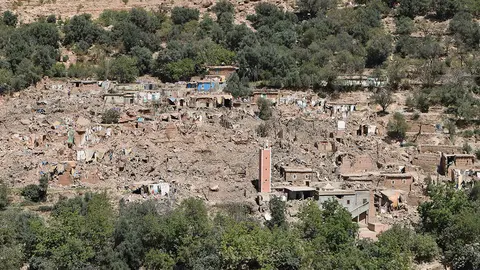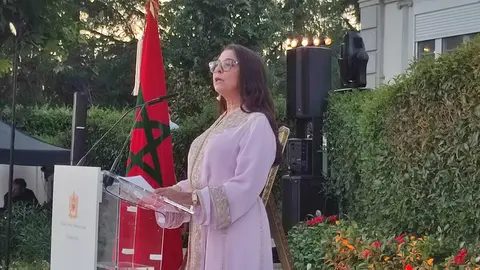Middle East shows solidarity with Morocco and Libya
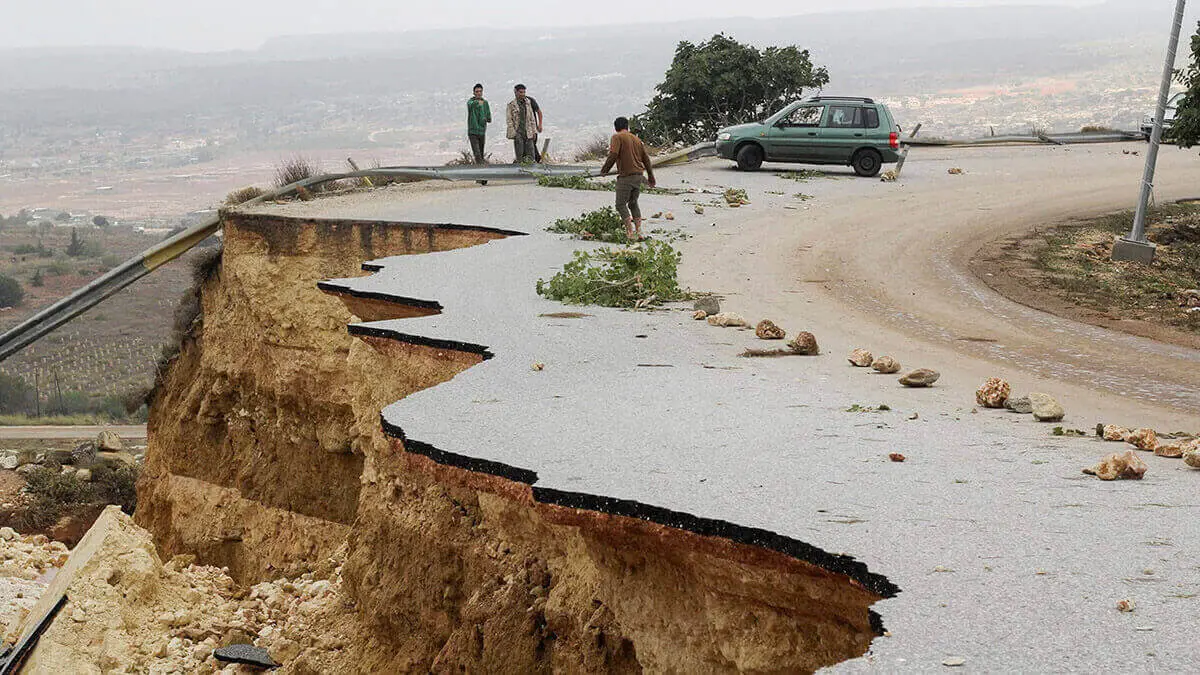
The catastrophes suffered by Libya and Morocco last weekend are already being described by Margaret Harris, spokesperson for the WHO (World Health Organisation), as natural disasters of "epic" proportions.
Local search teams in both countries are being assisted by rescuers from Spain, the UK and Qatar. The aftermath of Friday's earthquake in Morocco and Sunday's floods in Libya have prompted Arab League countries to respond together.
It was the most devastating earthquake to hit the North African nation in more than 100 years and the most devastating to hit the country since 1960
So far, the quake has destroyed entire villages, killed at least 3,000 people and left tens of thousands homeless. Isolated farming communities in Morocco's Al-Haouz province have been cut off and many have to rely on themselves, so the speed of rescue efforts in that region is vital.
Moroccan citizens have shown great resilience in difficult situations. However, while rescue teams are working hard to find survivors, experts believe it is essential to regain a sense of normality.
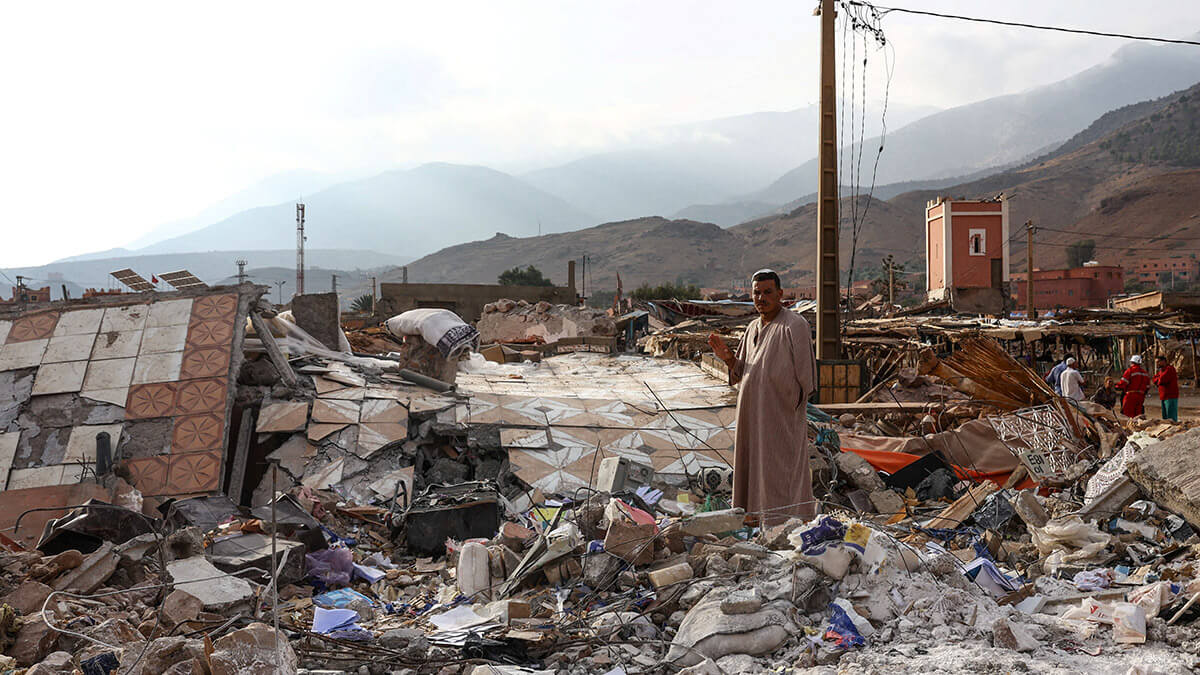
During the course of the disaster response by aid agencies and donor countries, another disaster was unfolding to the east in Libya, which had been devastated by the crisis.
Storm Daniel destroyed two river dams on Sunday afternoon. The dams released a large amount of water that swept through the Mediterranean coastal city of Derna, sweeping buildings, cars and people into the sea. The situation in Libya is extremely complicated. Mohamed Thabit, a citizen journalist from Tripoli, told Arab News: "We have been through a lot: conflict, political ups and downs, and now these floods are adding to the chaos".
At the time of publication, the death toll is over 7,000 people and more than 10,000 are missing.
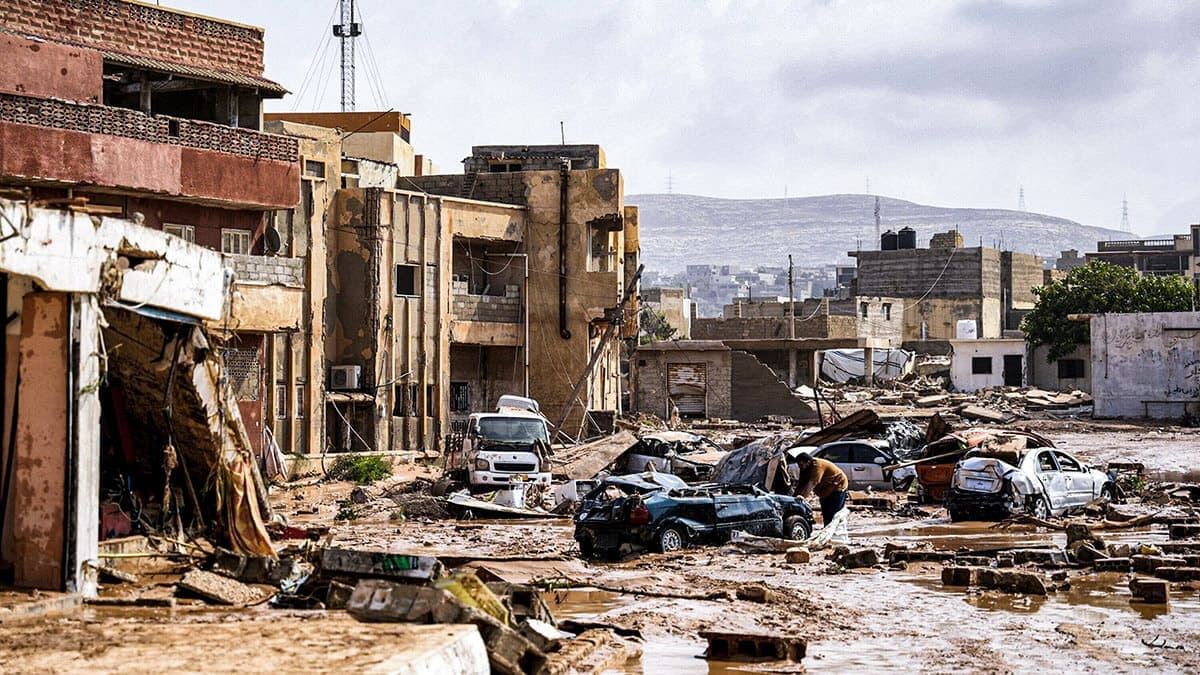
The earthquake has multiple economic effects. Although Marrakech is a significant tourist attraction, its contribution to Morocco's economic development is not the main one. The Rabat-Casablanca axis, which is the country's industrial engine, will play the leading role. The developing Tangier area, together with its thriving port, presents great economic potential.
🇲🇦| مدينة مراكش ..
— H A S S A N 🇲🇦 (@HMeghribi) September 12, 2023
🛑 عاش الملك محمد السادس وعاشت المملكة المغربية .. والخزي لفرنسا وابنتها الجزائر.
. pic.twitter.com/zN0eWBoVX7
The government has insisted that the annual meetings of the World Bank Group and the IMF (International Monetary Fund) will go ahead as planned from 9 to 15 October, although the earthquake will affect the Marrakech economy. Morocco's economy before the earthquake had demonstrated resilience to global challenges. The nation had successfully weathered the COVID-19 pandemic and inflationary pressures. Morocco had become an important location for foreign direct investment in North Africa.
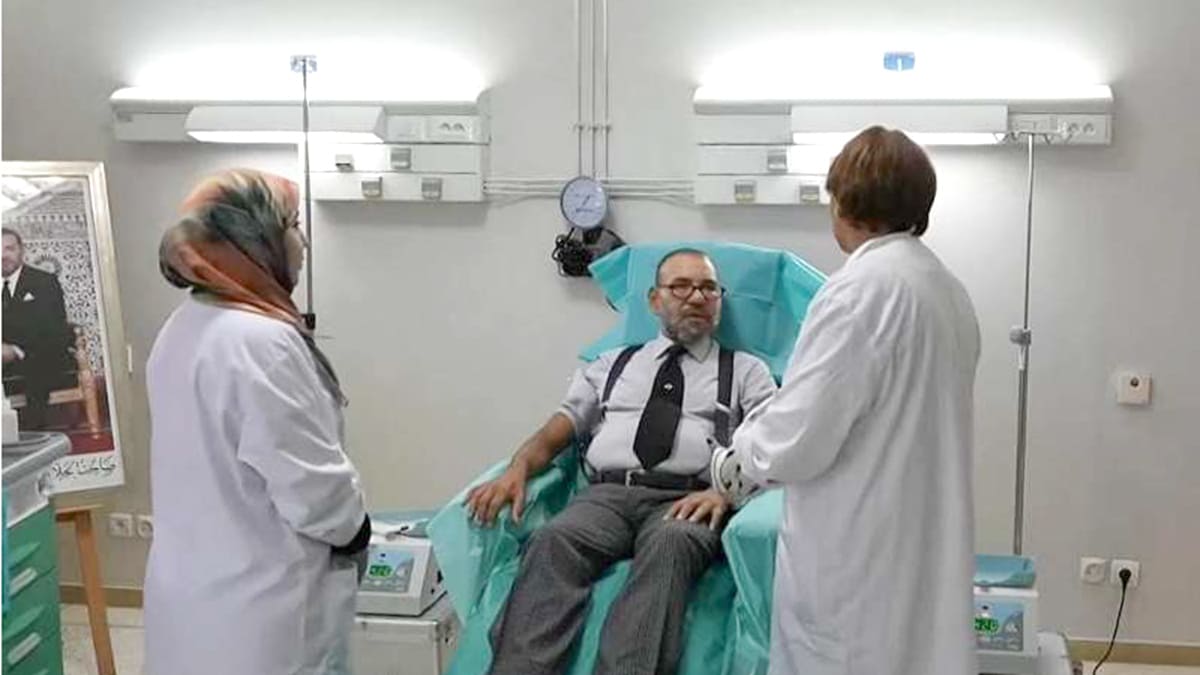
Arab League support
Saudi Arabia, the United Arab Emirates, Egypt, Algeria, Jordan, Iraq, Kuwait, Tunisia and Turkey offer assistance to Libya and Morocco.

In a statement to the UN (United Nations), Tamar Ramadan, head of the International Federation of Red Cross and Red Crescent Societies' delegation to Libya, said, "The humanitarian needs are enormous and far beyond the capacities of the Libyan Red Crescent and even the capacities of the government." "It's a big shock because there hasn't been a storm like this in the region for as long as we can remember," she said.

Several countries have provided aid and deployed rescue teams to Derna and isolated villages across Morocco to help survivors and recover the bodies of loved ones from the rubble, amid growing global concern over both disasters.
Saudi Arabia

Saudi Crown Prince Mohammed bin Salman during an interview with the Middle East Broadcasting Centre (MBC) in the capital Riyadh
Saudi Arabia expressed its support for "Libya, its brotherly people and the victims of the floods". Earlier, King Salman and Crown Prince Mohammed bin Salman ordered assistance flights to Morocco, and the Crown Prince called King Mohammed VI to declare the Kingdom's solidarity with the Moroccan people.
Egypt

Egypt's President Abdel Fattah al-Sisi declared a three-day mourning period and ordered military personnel to provide humanitarian aid, including relief teams, rescue teams and shelter camps for Libyans and Moroccans.
United Arab Emirates
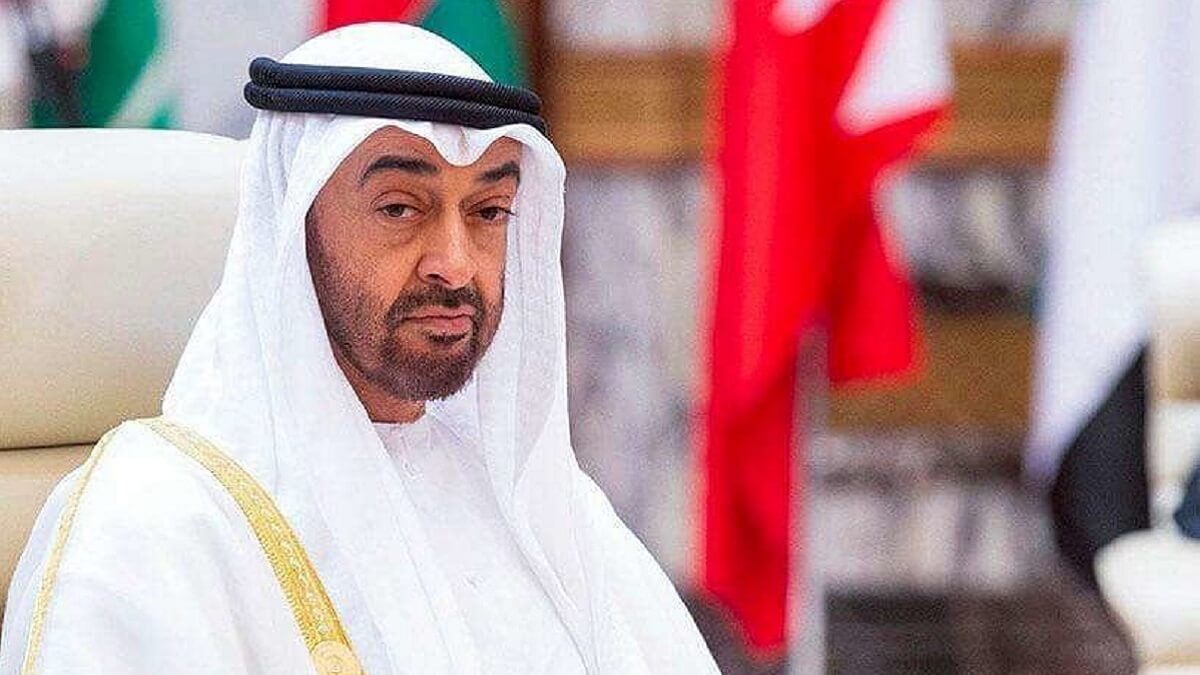
UAE President Sheikh Mohamed bin Zayed al-Nahyan ordered the deployment of relief and search and rescue teams to Libya, deploying two aid planes carrying 150 tonnes of food, aid and medical supplies.

